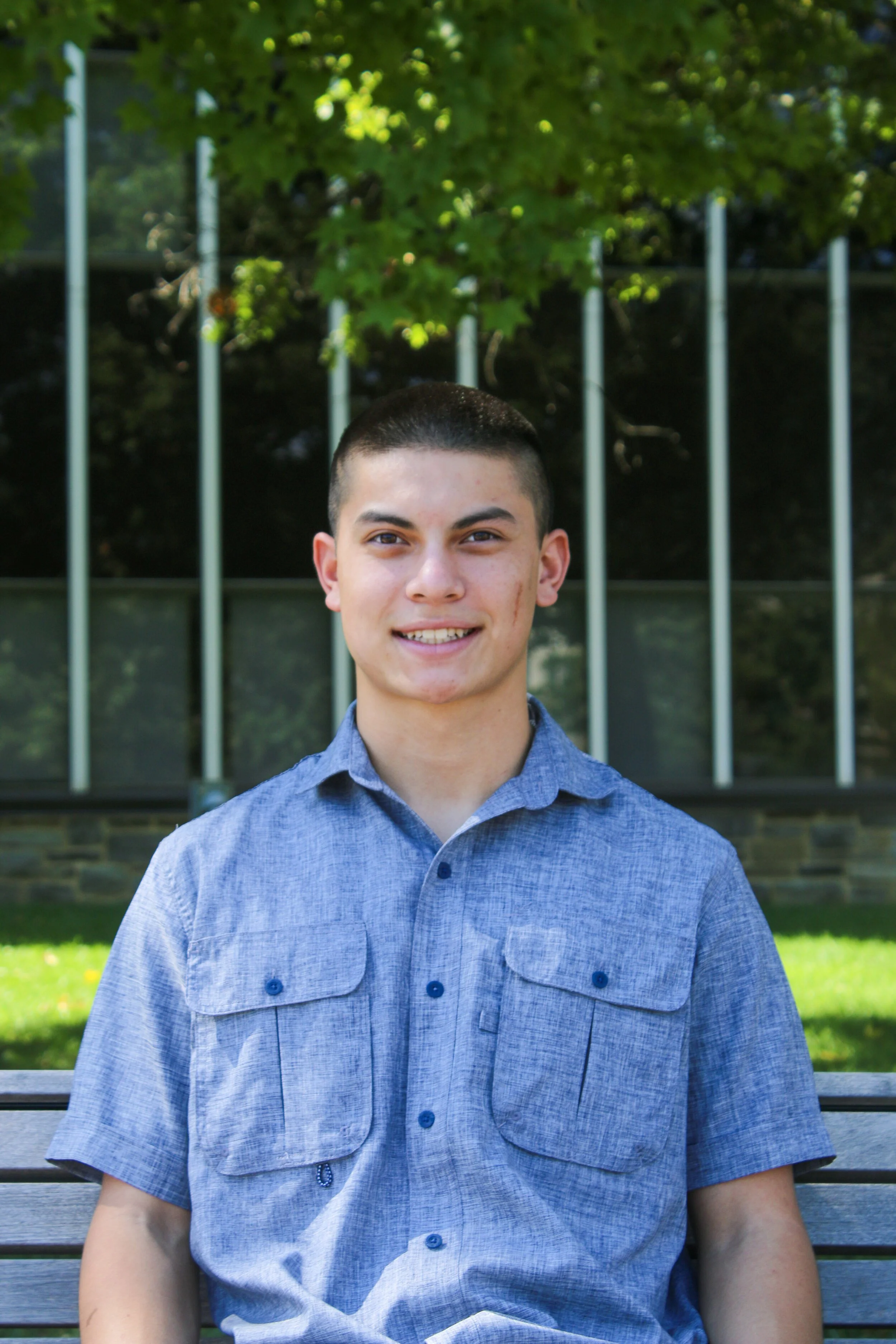Bill B.
Photography by Caroline MacLaren
Please note: In this letter, there is discussion of disordered eating. If you think you may find this content triggering, please consider reading one of the other letters of IfYoureReadingThis.org, or prepare to access any support systems or resources you find helpful.
If you’re reading this, you have more grit than you know.
Speaking of grit: there’s a billboard near where I grew up outside of north Philadelphia. It has a picture of John Wayne with the quote, “Don’t much like quitters, son.” From a young age, I knew the definition of grit: courage and resolve; strength of character. However, it was some time before I gained a transcendent understanding of it.
As a freshman, I fought my way onto the varsity wrestling team. Twice a week for three months, I cut nearly twenty pounds to qualify for competition in my weight class by fasting, dehydrating, and running miles upon miles in several layers of clothing. I was miserable, rarely sleeping due to stomach pains and a bone-dry mouth, but I never once missed weight.
When the season came to an end, my appalling habits did not cease; I developed a mental block against eating and continued to lose weight. I had nervous breakdowns around food, completely lacked energy, lost interest in my passions, and iced out my family and friends. Worst of all, I felt crushing guilt when I saw what my condition was doing to my loved ones.
On my fifteenth birthday, it came time to pay the piper. I was hospitalized for heart complications stemming from severe anorexia nervosa-induced malnutrition. I had never felt lonelier in my entire life as I laid in bed with a myriad of wires connecting me to various machines. When I told a nurse my story, she said that I must be as tough as nails.
I didn’t feel very tough. I was relegated to a wheelchair and haunted by the sight of the pale, emaciated ghost with sunken eyes that stared me down in the mirror.
It was only then that I realized my efforts of grit were tragically misguided. I had dedicated my whole being to tolerating the physical and psychological torment of my illness alone. It had been immensely difficult to starve myself every day, slowly withering away like a plant without water and sunlight. I had applied all my heart to bearing the pain of an eating disorder in solitude because I thought that was what a strong person would do. In reality, I had only brought on hurt to myself and others.
As I reflected on where my actions had gotten me and how they had devastated those closest to me, it became clear that I had always possessed the courage to recover, and that I had simply had to channel it in the right direction. It made me anxious to put healthy weight back on, and ashamed to discuss that I was anorexic with anybody, but I resolved never to quit on myself on the path to salvation. From there I committed myself to healing, and day by day I made my way to the light at the end of the tunnel.
You may be each day waging a silent war with mental illness or addiction, but you are still here, and for that, you are courageous. Divert the strength you have utilized in your lonesome suffering and employ it to instead do right by yourself and those who love you by reaching out and getting help. You have more grit than you know, and you can use it to take those daunting steps necessary to reach a brighter tomorrow.
Bill B., Villanova University
Connect With Us
To follow IfYoureReadingThis at Villanova on Instagram, get in touch with our chapter, and learn about more resources available to Villanova students, visit our chapter’s homepage.

